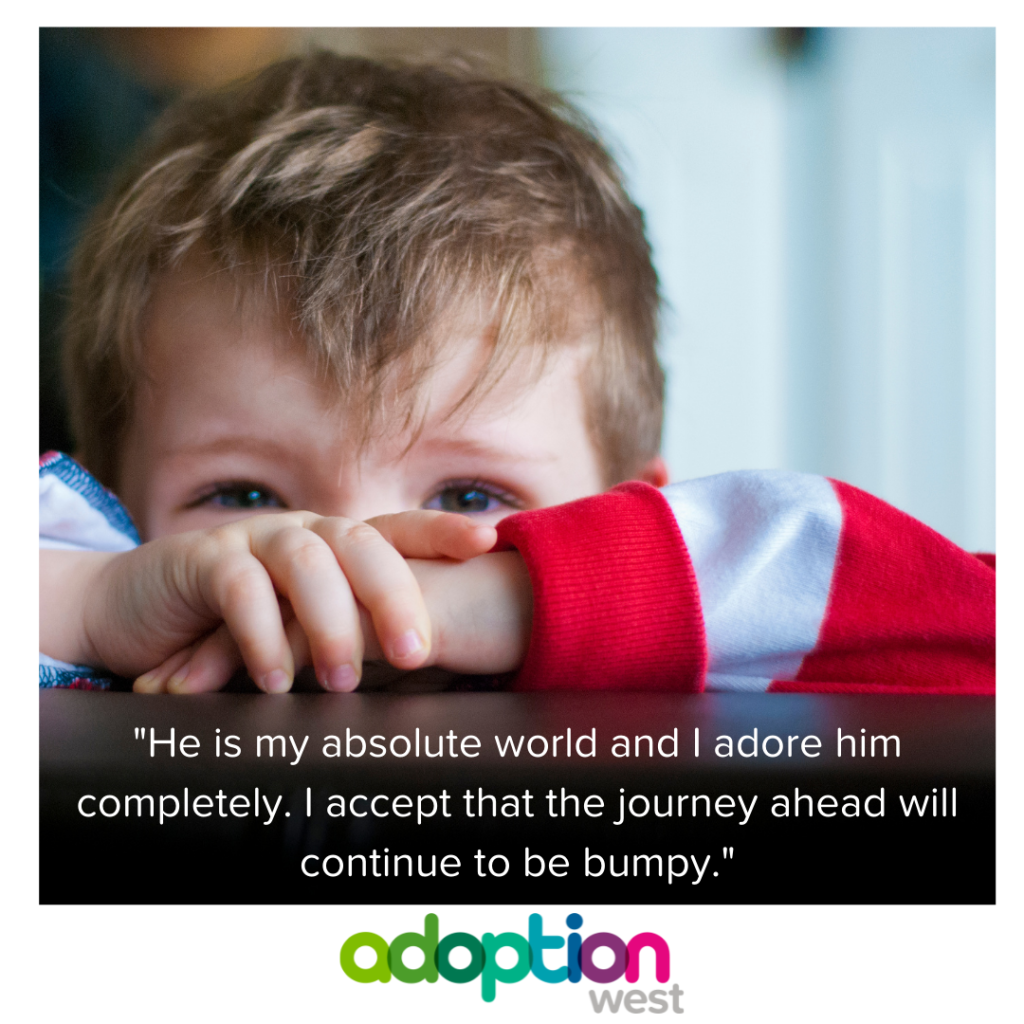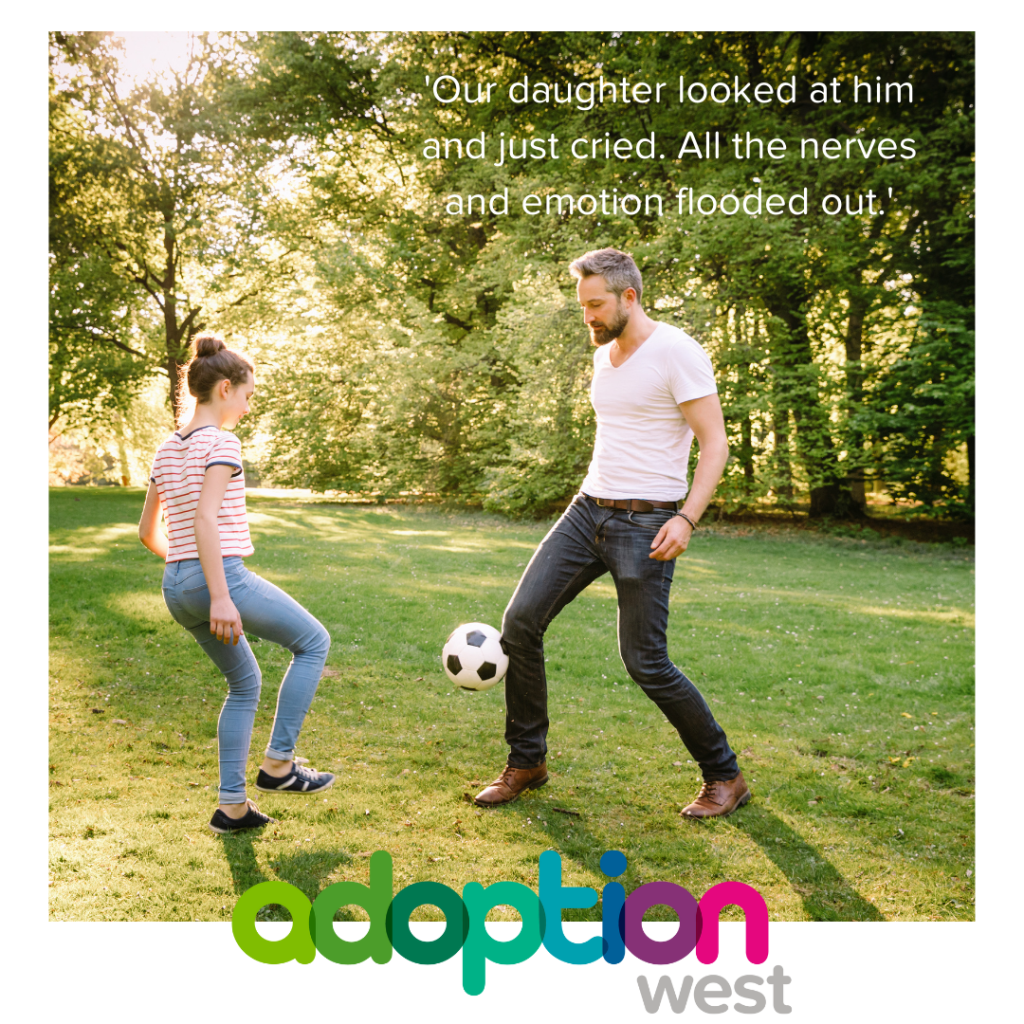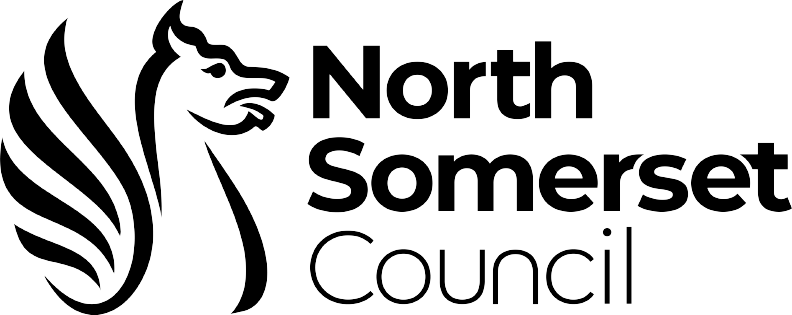I chose to apply to adopt having always had a keen interest in adoption, working in the sector and as I was ready to be a parent. My years of working with a range of children and families made me feel both knowledgeable and prepared for parenting a child who had suffered abuse and adversity in their early life.
I was not in a relationship and I felt confident opting to be a single parent, and so, realistically, I suggested I would like a single child between 2-5 years old. I wanted to benefit with some time before the child started school. As part of the assessment my social worker explored with me the possible needs of children and I felt optimistic about my ability to manage and meet these needs. I recall these were focused around recognised medical or learning difficulties which didn’t perhaps prepare me as well for the more complex needs adopted children can have which don’t fit neatly into these.
Family Finding was a stressful time; I found it hard to narrow my search as it certainly pulls at your heartstrings seeing photos and profiles of gorgeous children who all deserve a loving home. On reflection, I was probably overly optimistic about possible children being a good match because I was so excited to be a parent. I found there were lots of views that children needed two parent families and therefore I felt disregarded for many children.
At this time, my social worker was my greatest ally. She persisted in approaching children’s family finders and advocated for me. This resulted in my son’s social worker reading my profile (they had said they wanted a two-parent family in his profile!) Because of this, there was no romantic ‘love at first sight moment’, I just got a call to say his social worker wanted to visit me and from that moment I was devoted to him.
My son’s Child’s Permanence Report (CPR) detailed his history at length and reported that he was doing well in foster care and lots of his previous difficulties had resolved. He was 3 years old. The matching process went smoothly, albeit it felt like it took too long; it took around 4 months, with no hold-ups other than regular process.
I would say it took around a year for his needs to become more apparent, some would say this was due to a ‘honeymoon’ period, I think this was because he’d spent so long ‘treading water’ and just surviving. We accessed some therapeutic interventions which didn’t feel like they helped… more that they opened a can of worms! I now know that was a significant and important stage for us to go through.
His attachment difficulties can be pretty extreme, being on my own meant that our relationship was intense and I rarely able to have a break. He struggles with other people being around and so I found we became quite isolated. I’m afraid it is true that most people don’t get it (not helped by him ‘masking’ so they actually don’t see his more extreme behaviours); therefore other adopters are my closest friends. Through various assessments and appointments he now has a number of diagnosed both neurodevelopmental and mental health conditions all attributed to developmental trauma. Unfortunately, and sadly, diagnoses/labels are required because they make the job of getting the right support a lot easier.
Navigating the education system has been one of our biggest challenges; unfortunately, this is all too common a story for adoptive families. No matter what I did or what support the school received the poor and re-traumatising experience resulted in me moving his school, not to specialist provision, just to a school that would listen to me and accept my son had needs beyond what they could see i.e. masking. I have had to fight for him getting additional support in school and had to become an expert in the SEN code of practice, EHCPs, Top up Funding, appeals etc. Now this is in place the explosions as soon as he gets home are much less frequent and he’s not as resistant to going to school. There are some really good support services out there but it’s certainly a huge battle. This advocating extends to our family and social network and every appointment or assessment we’ve been through. It is exhausting but absolutely necessary.
I am developing into the parent my son needs and deserves to have; this is a journey that could not have been achieved during the assessment stage. Commitment to my learning and emotional health is essential. Utilising the Adoption Support Fund (ASF) and always asking for parent sessions alongside any therapeutic interventions has supported this hugely. My life has certainly changed in ways I didn’t expect it to but my number one priority is always my son. We have to recognise and celebrate the successes, the good days, the wins and hold those tight to our hearts as the challenges are big mountains to climb.
My son is developing into an insightful, thoughtful, mature and resilient young person. He is my absolute world and I adore him completely. I accept that the journey ahead will continue to be bumpy and I hope that my range of skills and experiences so far will continue to be helping us on our way; it is sad that I am primed for battles but am resigned to this being a typical experience for adoptive families.
Our thanks go to the adopter for this very honest and open account of what their adoption looks like. For anyone considering adoption, we urge you to read as many true accounts of adoption as you can. All the stories are different, but the love for the children at the heart of them, almost always shines through. And please remember, we are here to support you as best we can.










